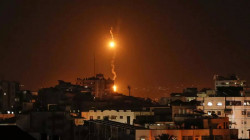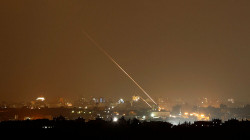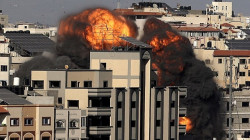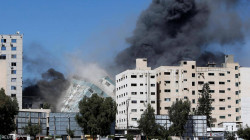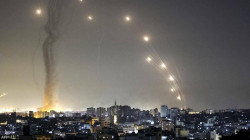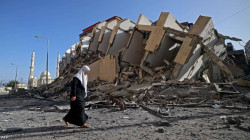Western perspectives on Gaza truce: hostages' release takes center stage
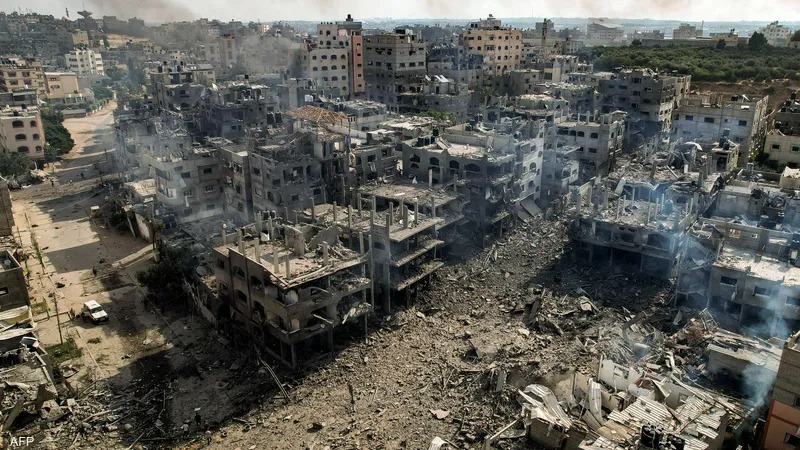
Shafaq News/ As the temporary truce between Israel and Hamas takes effect, Western countries' viewpoints on the ceasefire are examined, with a notable focus on the release of Palestinian and Israeli hostages.
According to reports from the Erm News, Western stances regarding the "temporary" truce have leaned towards the Israeli perspective. The narrative suggests that Western support for a ceasefire is more aligned with Israel's stance, emphasizing the liberation of Israelis held by Hamas rather than the broader humanitarian crisis in Gaza, where hundreds of civilians have perished.
While the ongoing conflict has witnessed the targeting of various civilian infrastructure in Gaza, including hospitals, schools, and houses, Western positions seem to pivot on the opportunity presented by the truce to free kidnapped Israelis.
US President Joe Biden framed the agreement as a means to reunite "brave souls" with their families, highlighting the focus on the release of hostages. Similarly, the UK described the deal as an "essential step" towards providing relief to hostage families and addressing the humanitarian crisis in Gaza.
French President Emmanuel Macron declared relentless efforts to secure the release of all hostages, while Germany, previously cautious about an immediate ceasefire, welcomed the agreement, emphasizing the need to deliver vital assistance to Gaza's residents.
The Western media and official statements reflect a dual perspective on the same event. Activists have drawn attention to a perceived double standard, comparing world leaders' participation in anti-terrorism marches in Paris in 2015 to their response to civilian casualties in Gaza. The narrative in the West attempts to portray the conflict as a war between an army and a terrorist organization using civilians as shields.
The prevailing theme, even in the face of civilian deaths and the withholding of essential supplies from over two million people in Gaza, is the prioritization of Israel's right to self-defense. This sentiment is reflected in the criticism directed at demonstrators in the West, with accusations of "hate-mongering" and accusations of bias against peaceful protests.
The issue extends beyond the conflict itself, with platforms facing scrutiny not for expressing support for Palestinians or Hamas but for alleged deviations from the Israeli viewpoint.
This observed dichotomy underscores the influence of current political goals over principled or moral positions in the Western narrative. Despite the alarming death toll in Gaza, the truce appears more as an opportunity to release kidnapped Israelis than a chance to halt the ongoing humanitarian crisis.
The agreement, brokered by Qatar, Egypt, and the United States, marks a turning point in the protracted conflict that has claimed over 14,000 lives and left more than 33,000 wounded since October 7.
The truce entails a four-day cessation of fighting, the release of 50 hostages from Gaza in exchange for 150 Palestinians in Israeli prisons, and the entry of humanitarian aid, including medical supplies and fuel, into the Gaza Strip.
